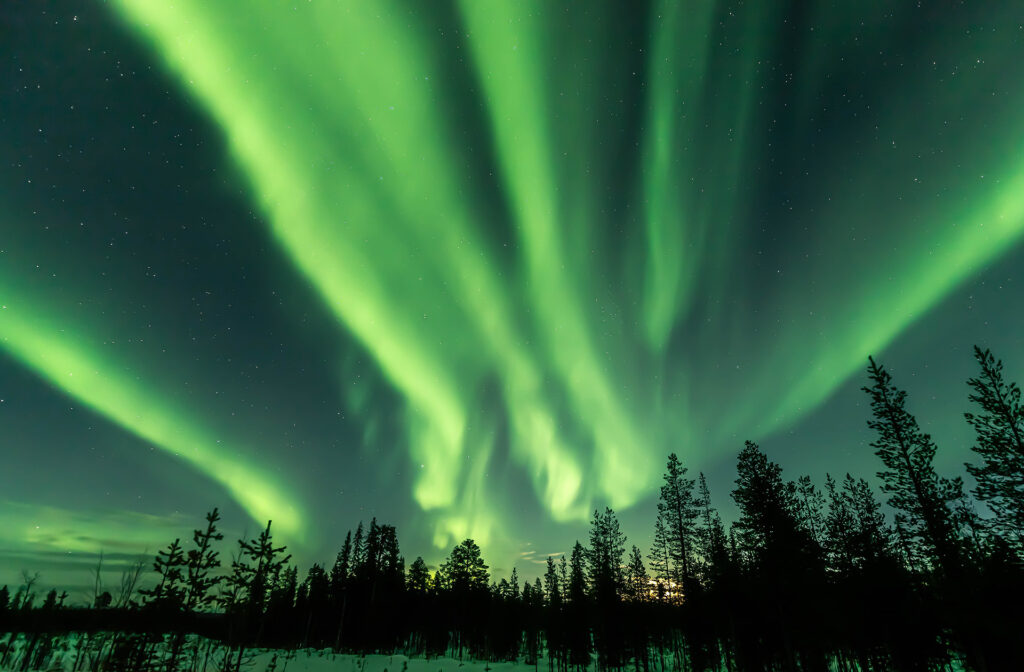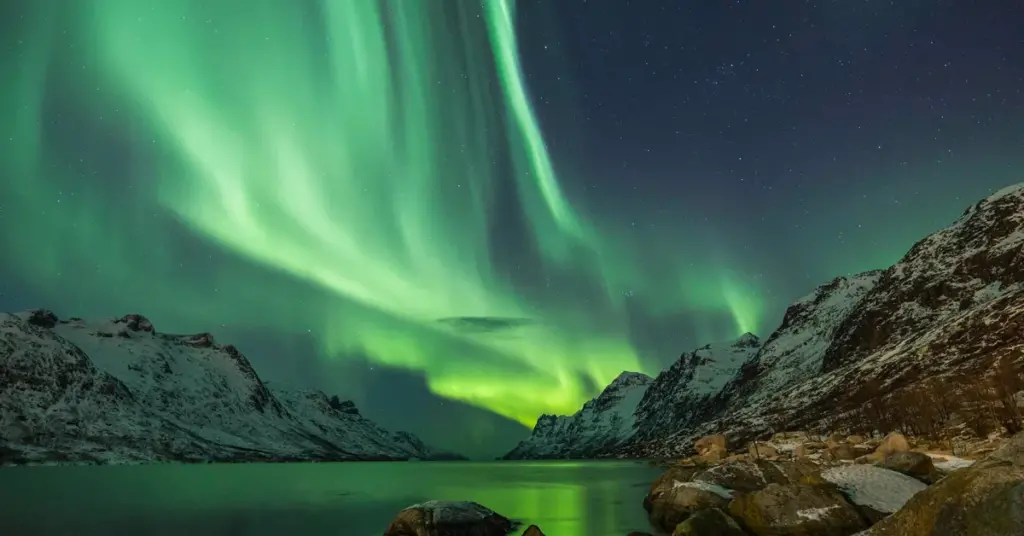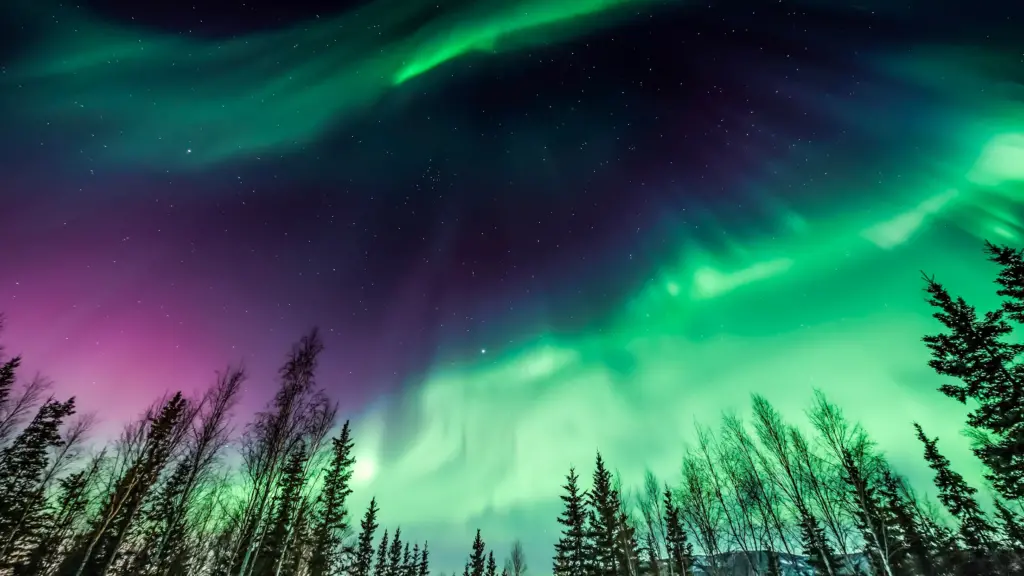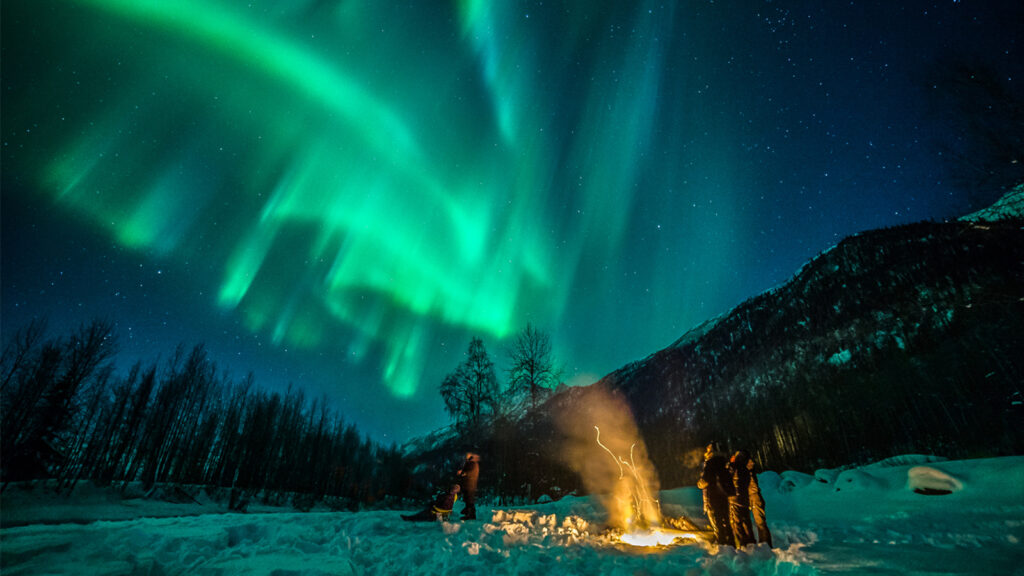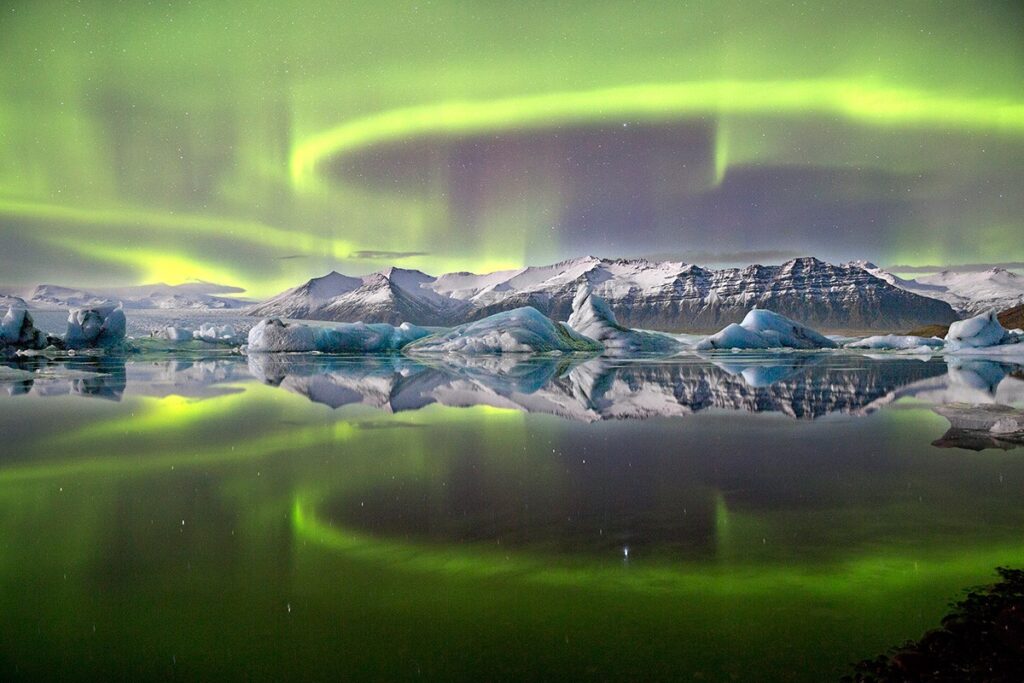Introduction
Fairbanks, Alaska, stands as one of the prime destinations for witnessing the breathtaking spectacle of the Aurora Borealis. In this comprehensive guide, we’ll navigate through the optimal locations where can you see Aurora Borealis and conditions in Fairbanks for having the best experiencing.
Exploring Aurora Borealis in Fairbanks
The Enchanting Dance of Lights
Fairbanks, with its high-latitude position, offers a front-row seat to the mesmerizing dance of the Northern Lights. Understanding the best places to witness this celestial display enhances the chances of capturing the auroras’ full glory.
| ℹ️ Read More: | Where Can You See Aurora Borealis in Anchorage?Where Can You See Aurora Borealis in Alaska? |
Top 5 Places Where Can You See Aurora Borealis in Fairbanks
Chena Lakes Recreation Area
The serene Chena Lakes Recreation Area provides a tranquil setting, away from city lights, ideal for capturing the vibrant hues of the Northern Lights.
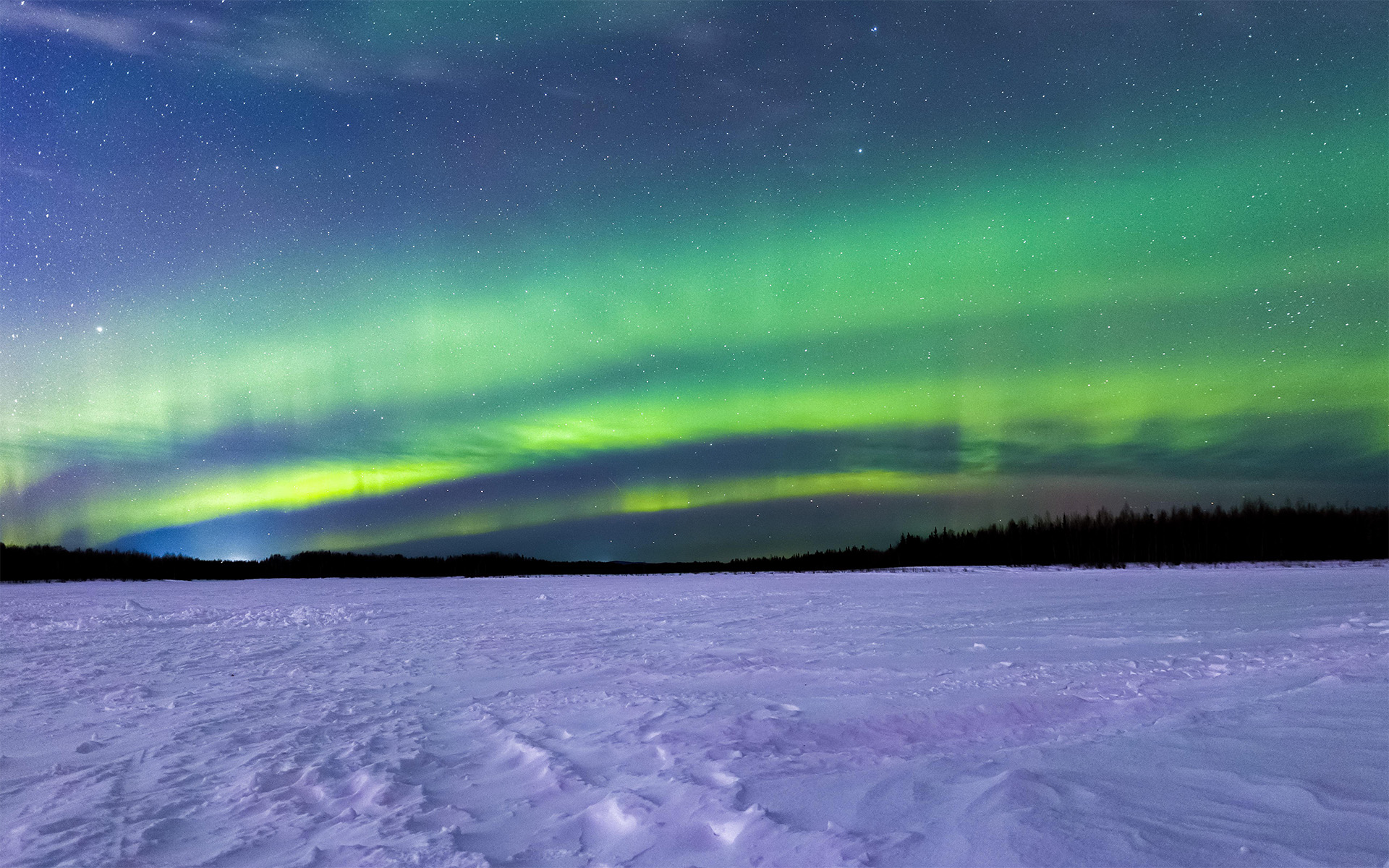
Murphy Dome
As one of the highest points near Fairbanks, Murphy Dome offers an unobstructed view of the night sky, making it a prime location for Aurora Borealis sightings.
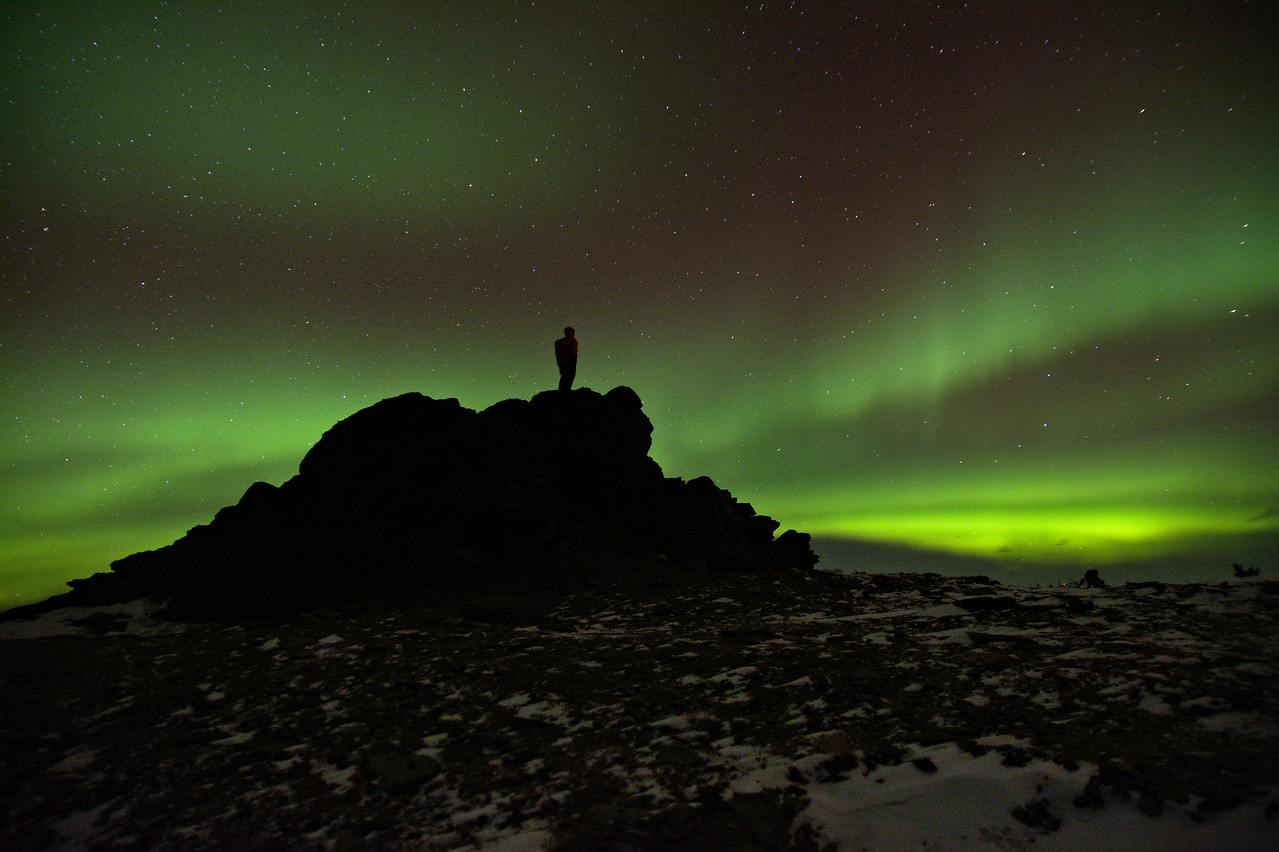
Cleary Summit
Cleary Summit, situated on the Steese Highway, serves as an excellent vantage point with minimal light pollution, enhancing the visibility of the Northern Lights.
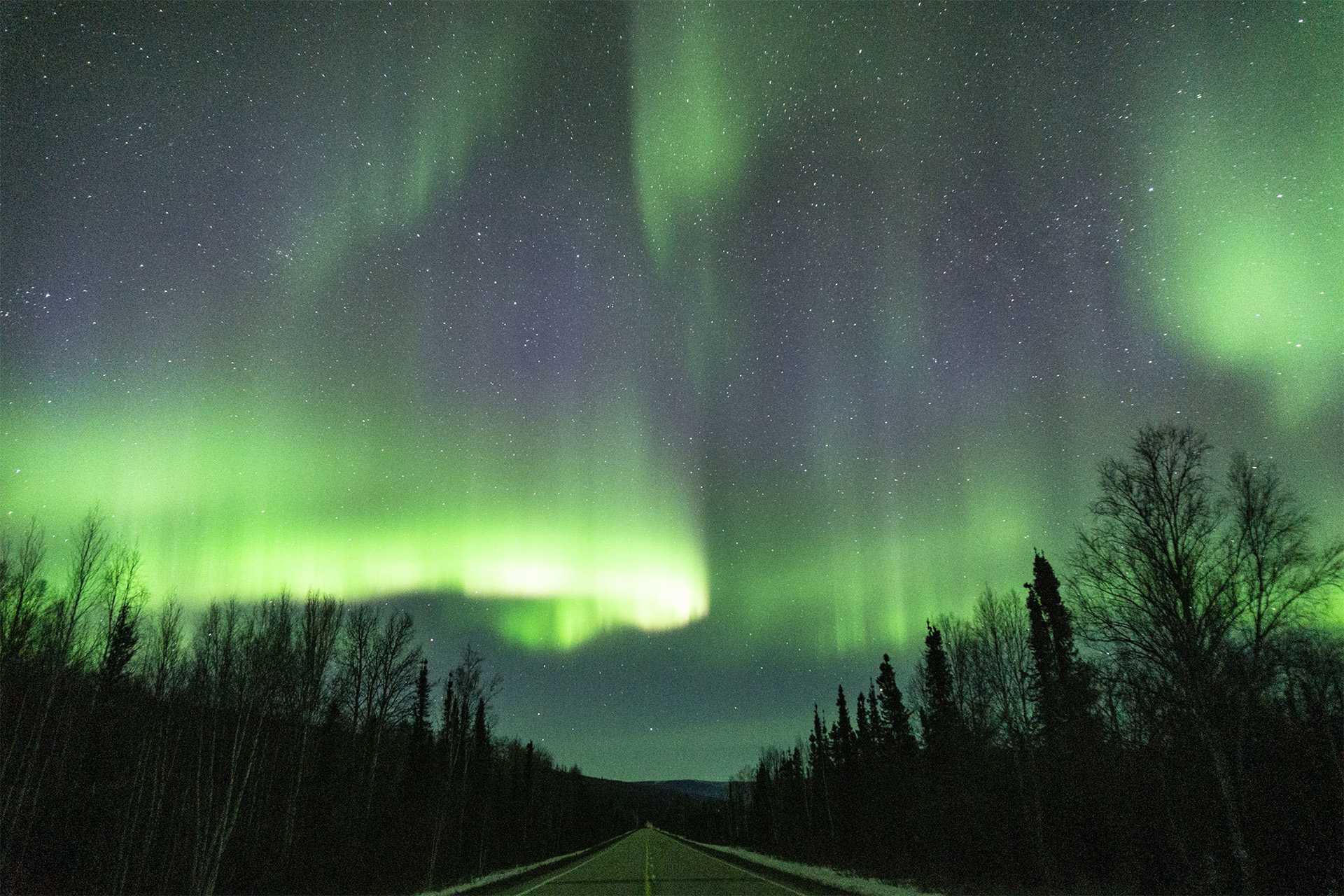
Wickersham Dome Trailhead
For those seeking a combination of natural beauty and potential Northern Lights sightings, the Wickersham Dome Trailhead proves to be an ideal location.
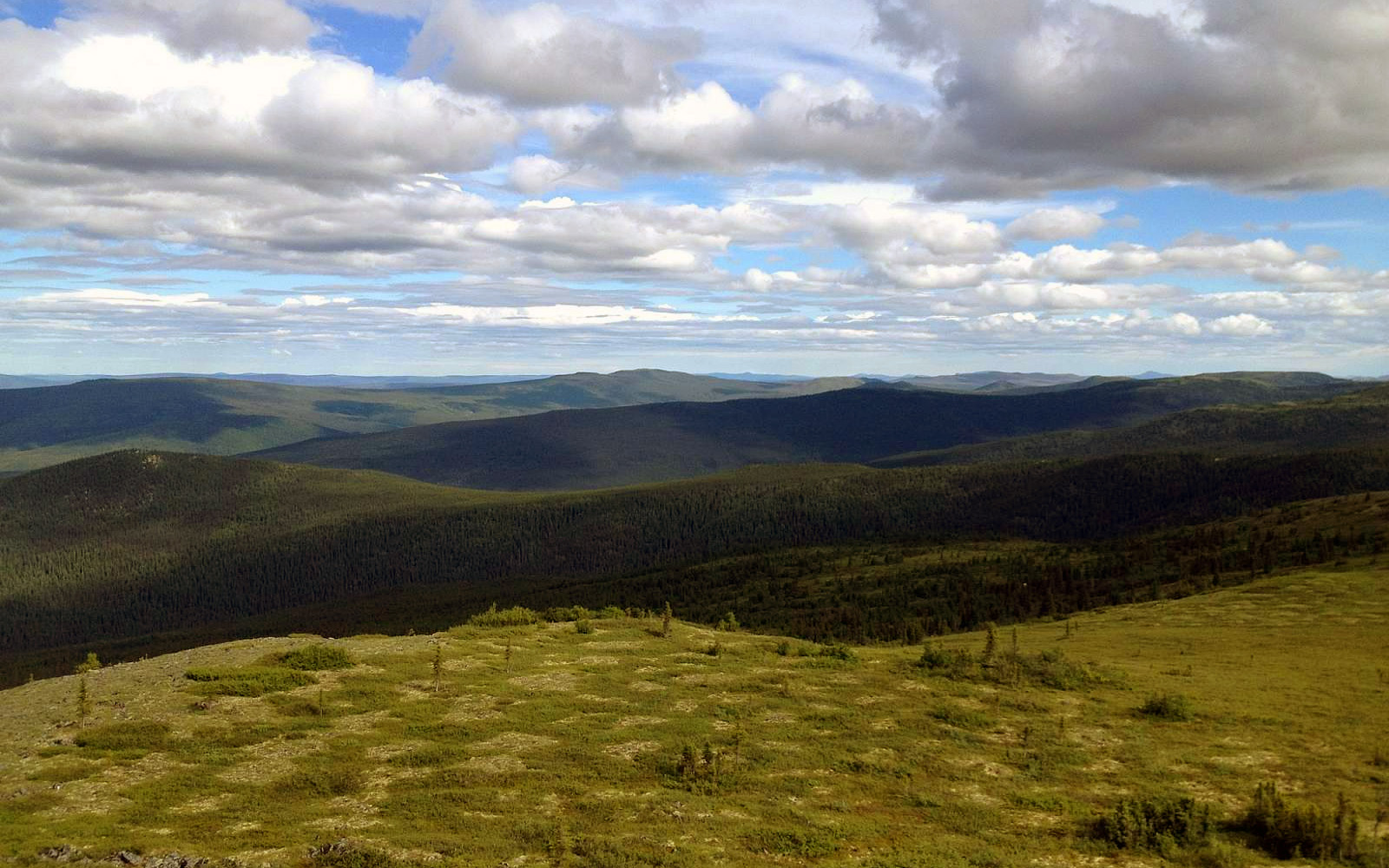
Angel Rocks Trail
Venturing a bit outside Fairbanks, the Angel Rocks Trail provides a unique opportunity to witness the auroras amidst the scenic landscape of the Chena River State Recreation Area.
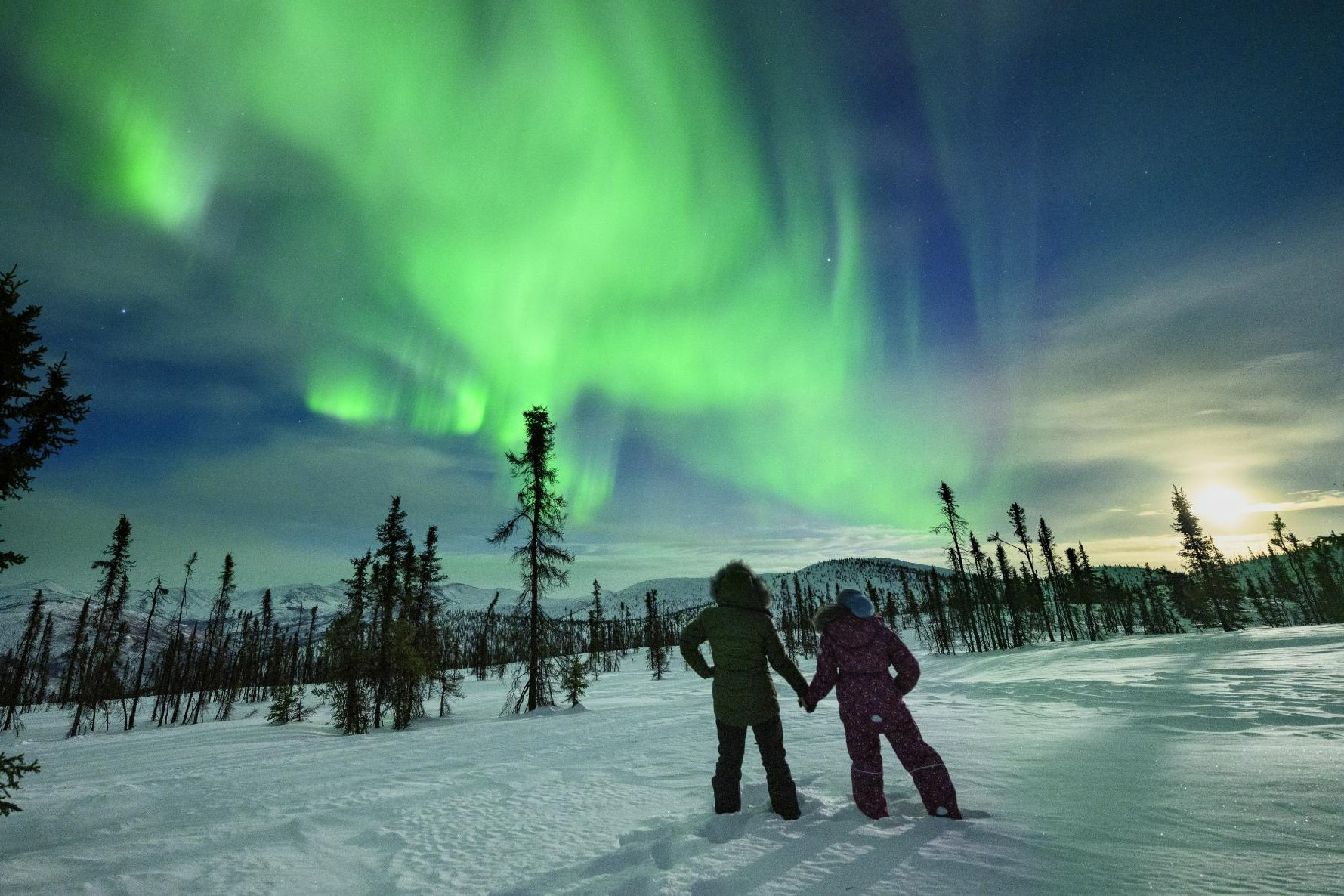
Factors Influencing Where Can You See Aurora Borealis in Fairbanks
The Role of Solar Activity
Monitoring solar activity becomes crucial for enhancing the chances of witnessing the Northern Lights in Fairbanks. Solar maximum years, occurring approximately every 11 years, mark periods of heightened solar activity, creating optimal conditions for the auroras to grace the Alaskan sky.
Geomagnetic Storms and Fairbanks’ Magnetic Latitude
Fairbanks, with its higher magnetic latitude, positions itself favorably for Northern Lights visibility. Keeping a close eye on geomagnetic storm forecasts becomes essential, as increased geomagnetic activity amplifies the brilliance of the Aurora Borealis against Fairbanks’ celestial canvas.

| ℹ️ Read More: | Where Can You See Aurora Borealis in Anchorage?Where Can You See Aurora Borealis in Alaska? |
Conclusion
Fairbanks, with its unique geographic position, provides an unparalleled opportunity to witness the ethereal beauty of the Northern Lights. Explore the recommended locations such as Chena Lakes Recreation Area, Murphy Dome, Cleary Summit, Wickersham Dome Trailhead, and Angel Rocks Trail for an unforgettable experience of the Aurora Borealis against the Alaskan night sky.
Frequently Asked Questions
Q: When is the best time to see the Northern Lights in Fairbanks?
A: The prime time for Northern Lights sightings in Fairbanks is during the winter months, from September to April, with increased activity during solar maximum years.
Q: Where are the best places in Fairbanks for Northern Lights viewing?
A: Chena Lakes Recreation Area, Murphy Dome, Cleary Summit, Wickersham Dome Trailhead, and Angel Rocks Trail are top spots offering optimal conditions for Aurora Borealis sightings.
Q: Why is Fairbanks an ideal location for Northern Lights viewing?
A: Fairbanks’ higher magnetic latitude and minimal light pollution make it an optimal location for experiencing the Northern Lights.
Q: How does solar activity impact the visibility of the Northern Lights in Fairbanks?
A: Increased solar activity, particularly during solar maximum years, enhances the chances of witnessing vibrant Aurora Borealis displays in Fairbanks.
Q: Can you see the Northern Lights year-round in Fairbanks?
A: While the prime season is during the winter, the Northern Lights can be visible in Fairbanks throughout the year, with heightened activity during the colder months.

